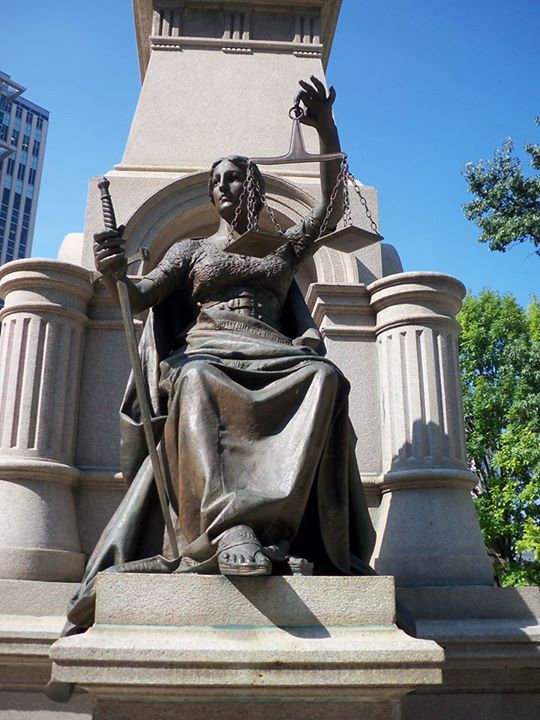
Sunday, 24 May 2015
Yes, we had the sentence of death in ourselves, that we should not trust in ourselves but in God who raises the dead, 2 Corinthians 1:9
This verse should be taken and considered in light of the previous one which said, “…that we were burdened beyond measure, above strength, so that we despaired even of life.” In this desperate state, Paul acknowledges that they questioned if they would even survive the ordeal (despaired of life) and the answer came back in their minds that they would not.
The word translated “sentence” is apokrima. It is a word not found anywhere else in the New Testament or even in Greek literature. It indicates a judicial sentence, meaning an answer. There seemed to be a decree that they would not survive the ordeal. But this led them to the truth which almost always seems to be the case with those in such despair – “…that we should not trust in ourselves.”
The soldier in the foxhole will call out to God, knowing that he is incapable of making it without Him. The person lost at sea and going down below the raging waters knows when there is finally no hope but from God alone. In such instances, there is only the trust of God left. However, Paul’s words add to the thought. Their trust wasn’t that God would save them from the immediate trial, but that he would save them from the results of it.
The sentence seemed to be pronounced: death. And so knowing that death was inevitable, they entrusted themselves to “God who raises the dead.” If they were to die, which seemed to be the case, their hope extended beyond the grasp of death itself and found itself realized in the hope of the resurrection. This conforms to Paul’s words of 1 Corinthians 15 –
“‘O Death, where is your sting?
O Hades, where is your victory?’
56 The sting of death is sin, and the strength of sin is the law. 57 But thanks be to God, who gives us the victory through our Lord Jesus Christ.” 1 Corinthians 15:55-57
Paul took comfort in the truth that Jesus Christ prevailed over death and so death had no mastery over him. Instead, even with the foe of the sentence of death awaiting him, he felt the powerful victory of Jesus Christ an even stronger friend.
Life application: As Christians bury their dead, they will often “commit the soul of the departed loved one” into the hands of Jesus Christ, acknowledging the power of the resurrection. In this, the body-planted is but a seed waiting to be given the water of life to bring it back from the ground. This is truly our great hope and this is certainly where our ultimate joy should be!
Heavenly Father, should I face a sentence of death, my trust isn’t in being rescued from that temporary sentence. Rather, my hope is found in release from the results of it. Death may have a temporary hold on me, but I know that I will rise victorious over that defeated foe! I know this because I personally bear the victory through Your Son, Jesus Christ my Lord. No fear here. Eternal life is assured. Hallelujah and Amen.




